22 Best Alcohol and Drug Rehabs in Little Rock, AR 2025

6.88

7.00
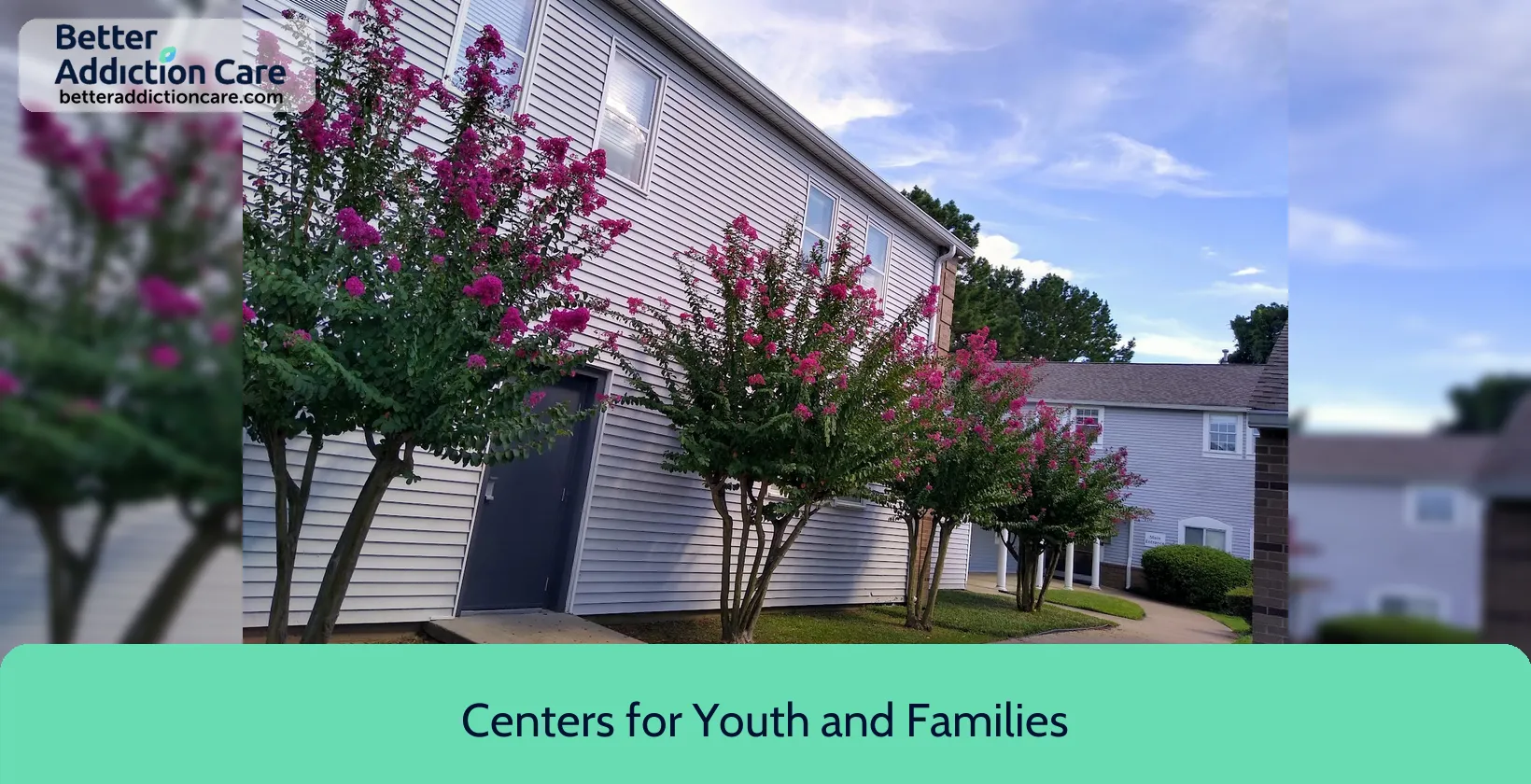
6.76
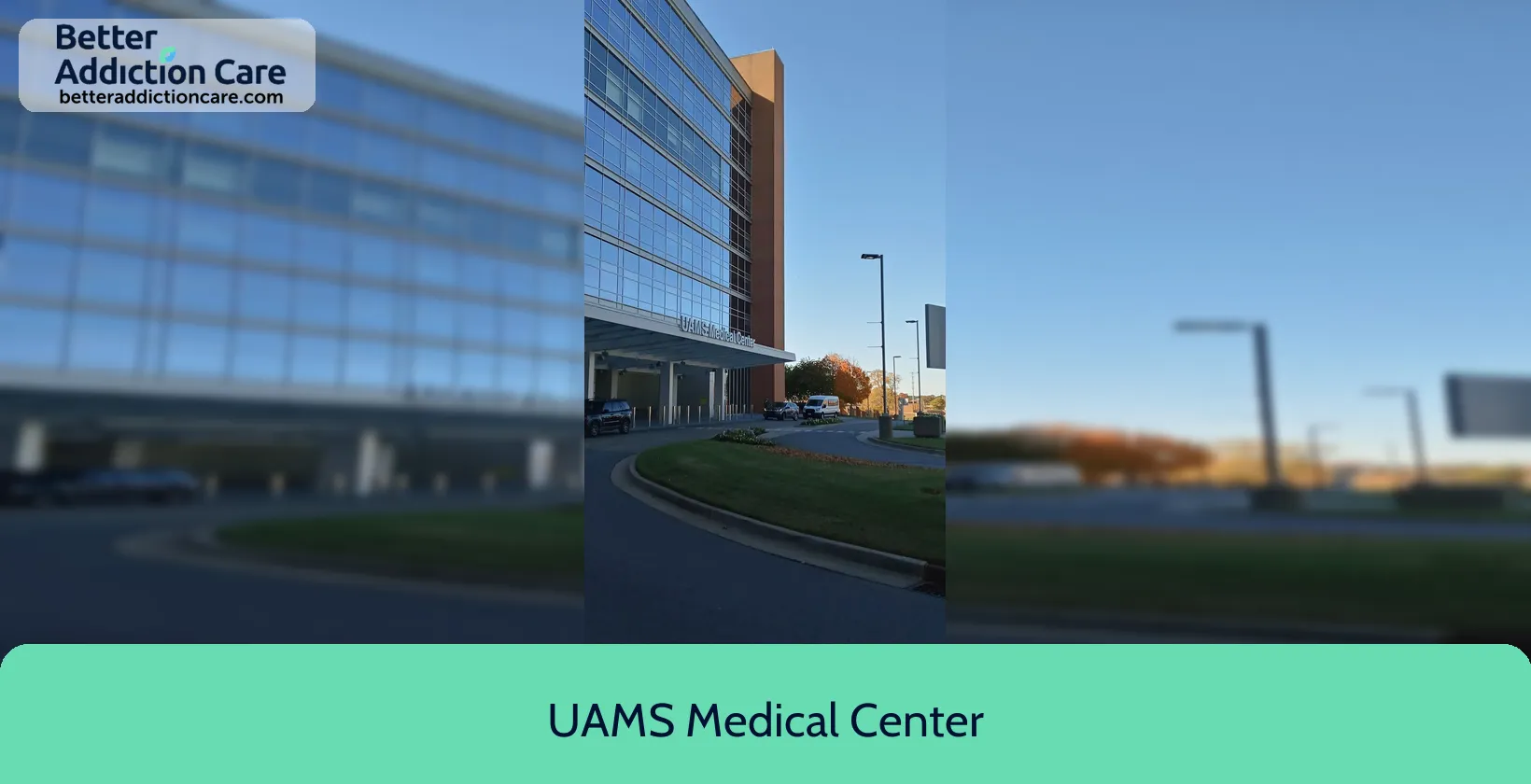
6.71
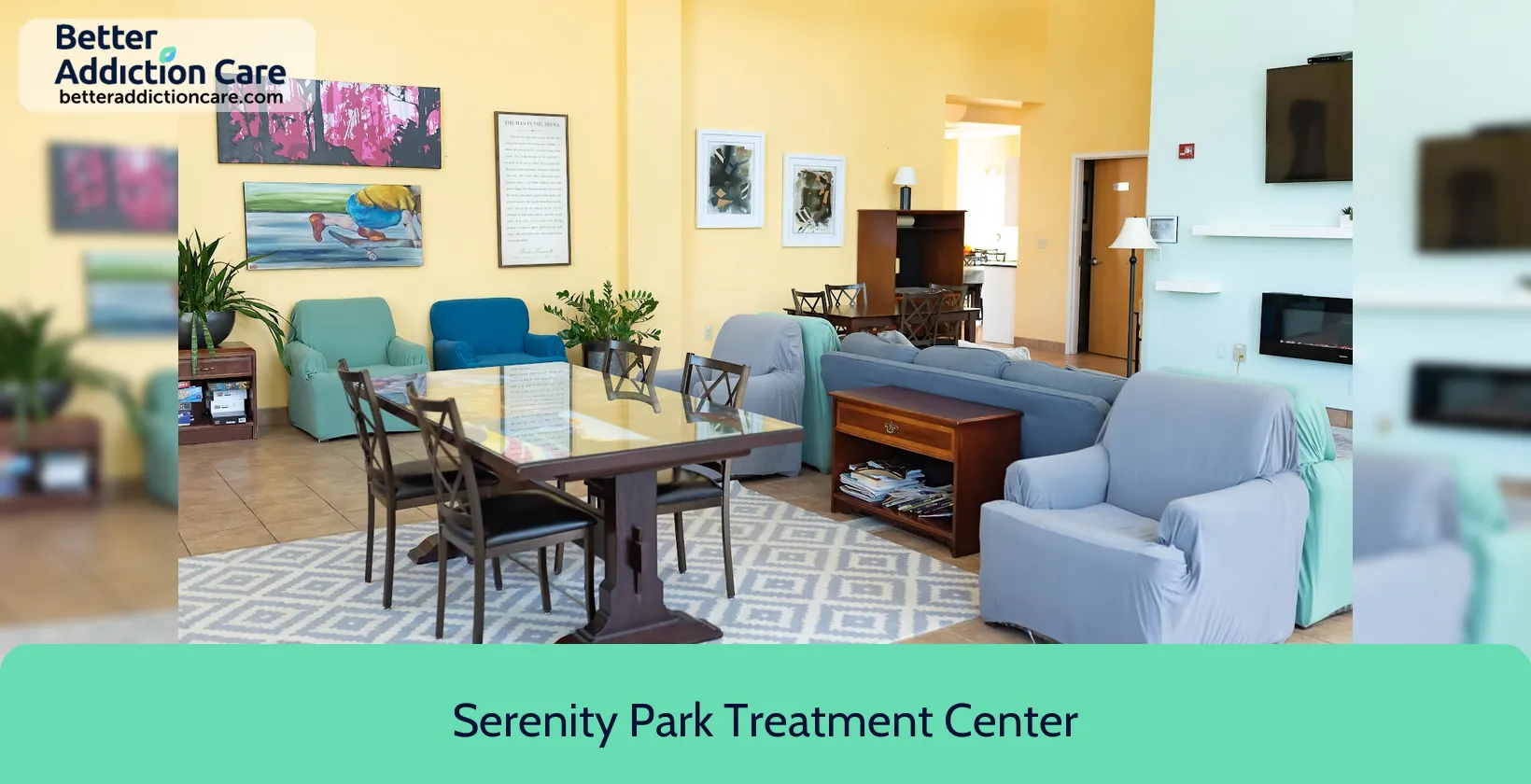
6.96
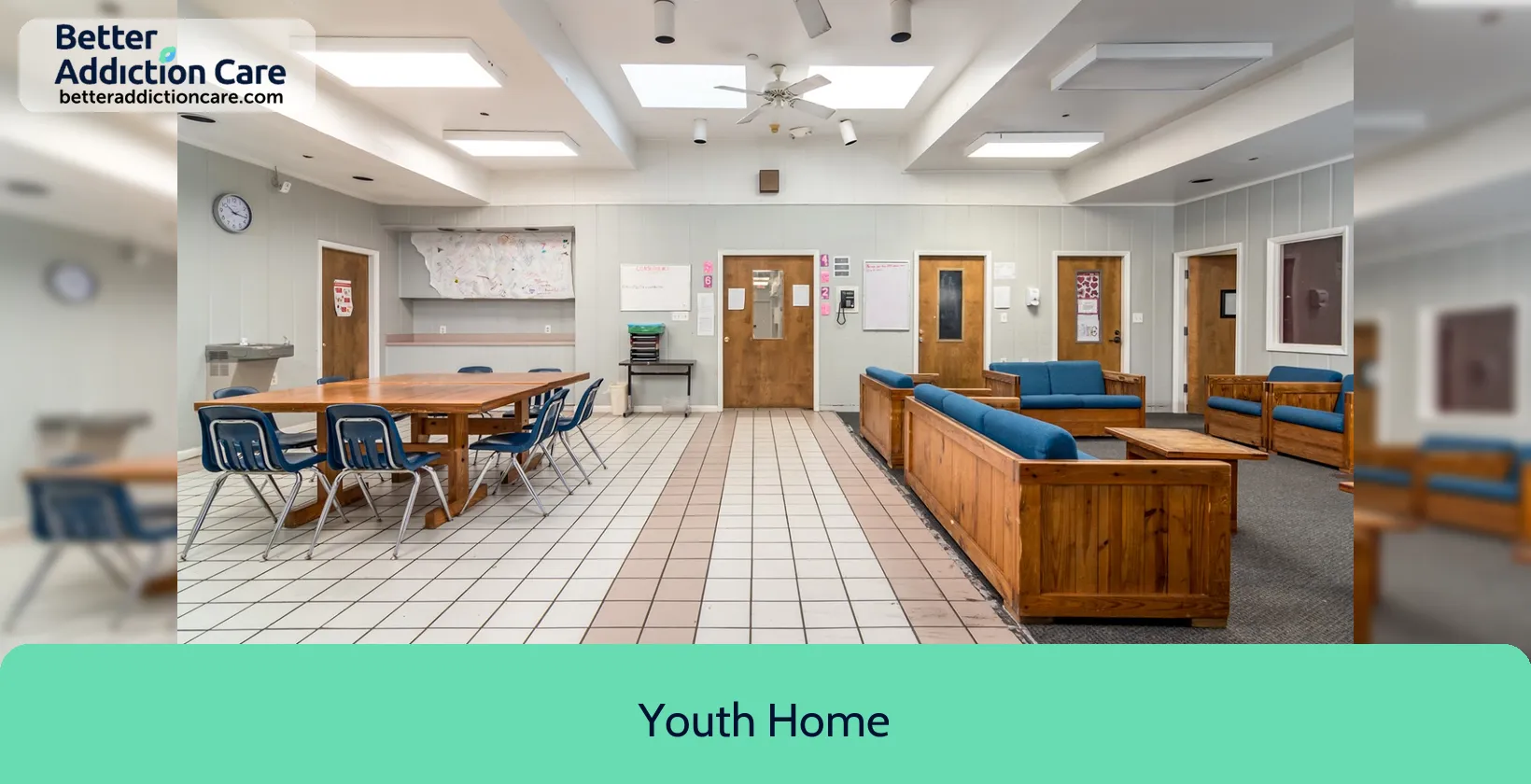
6.86
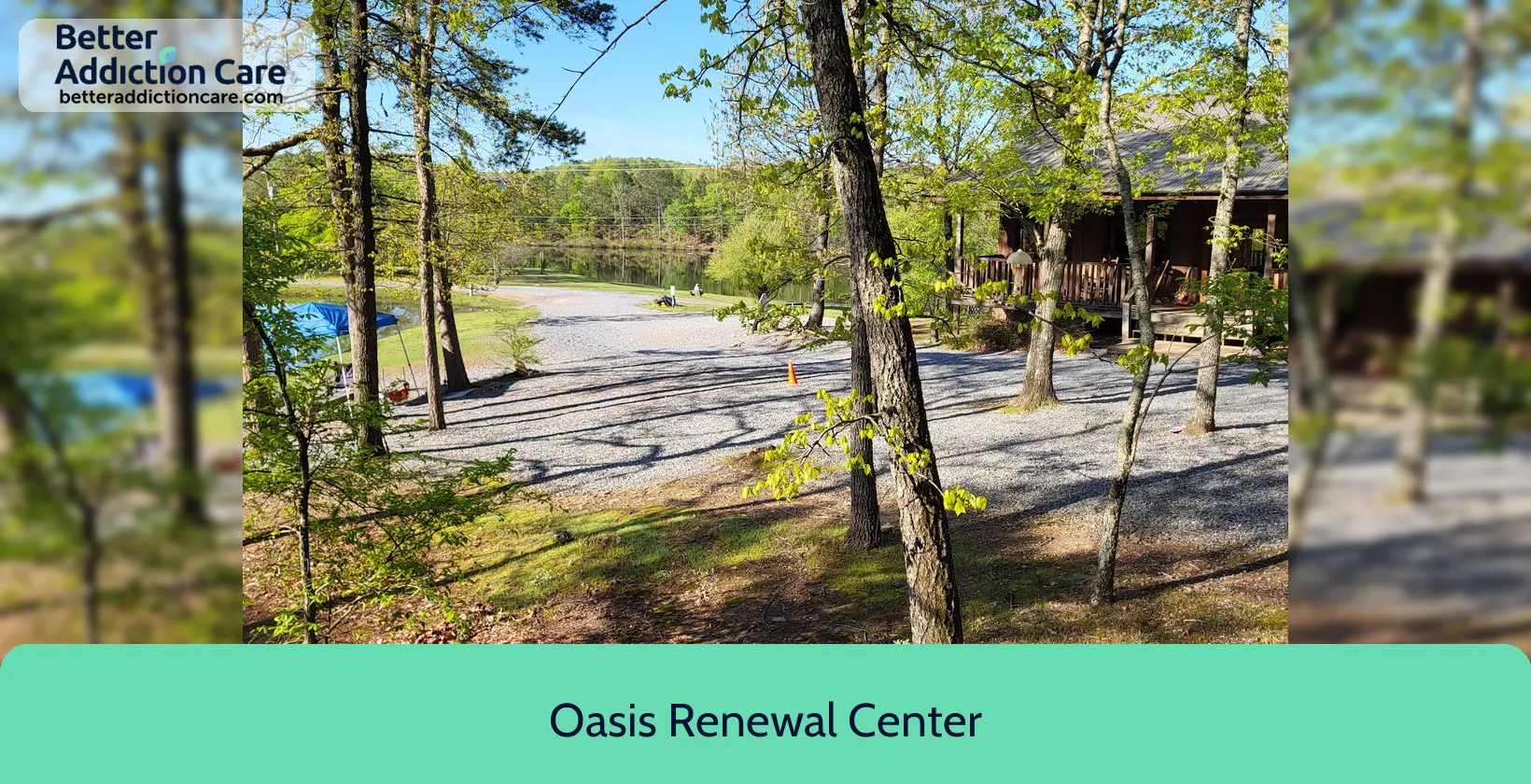
7.32
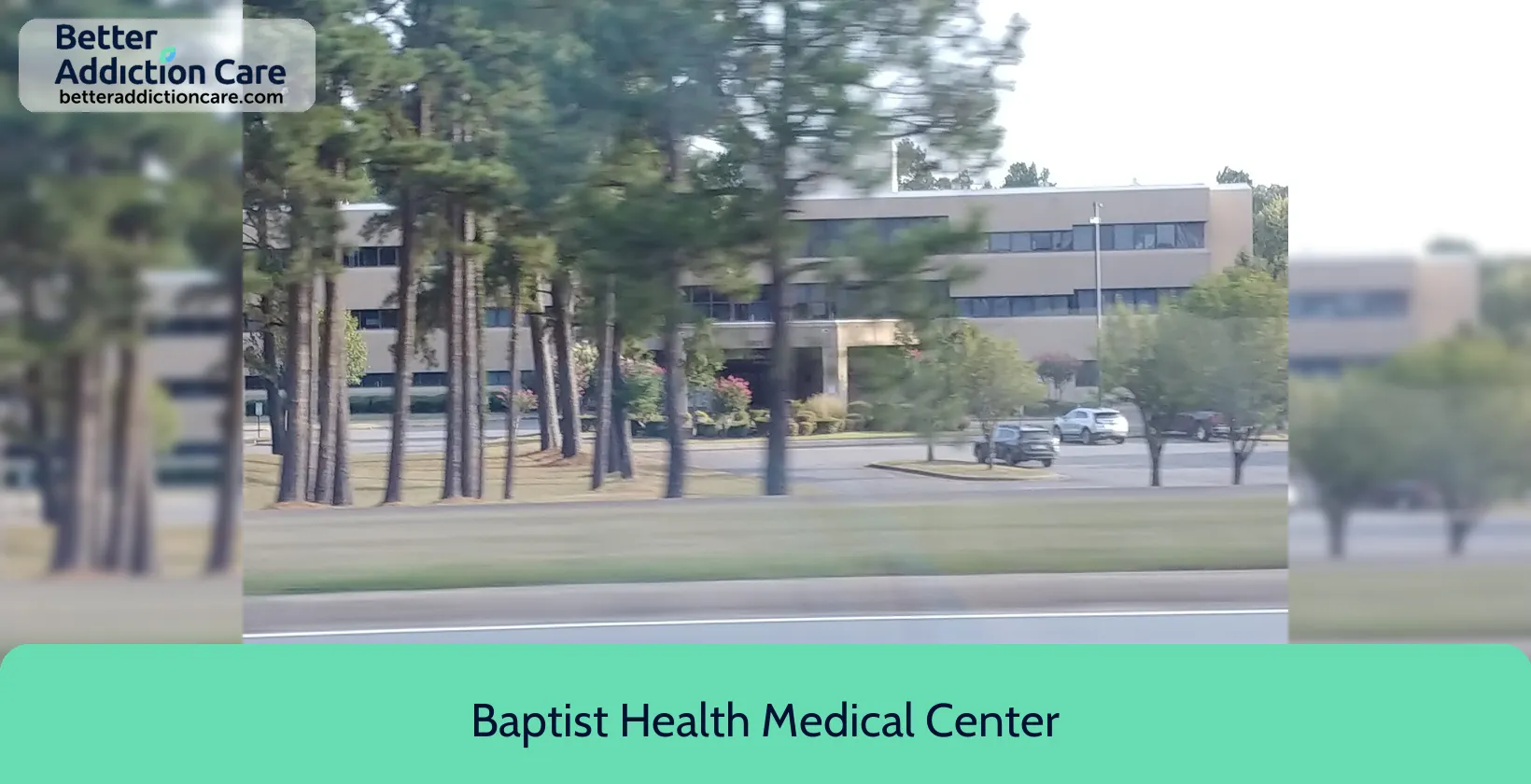
6.65

6.68
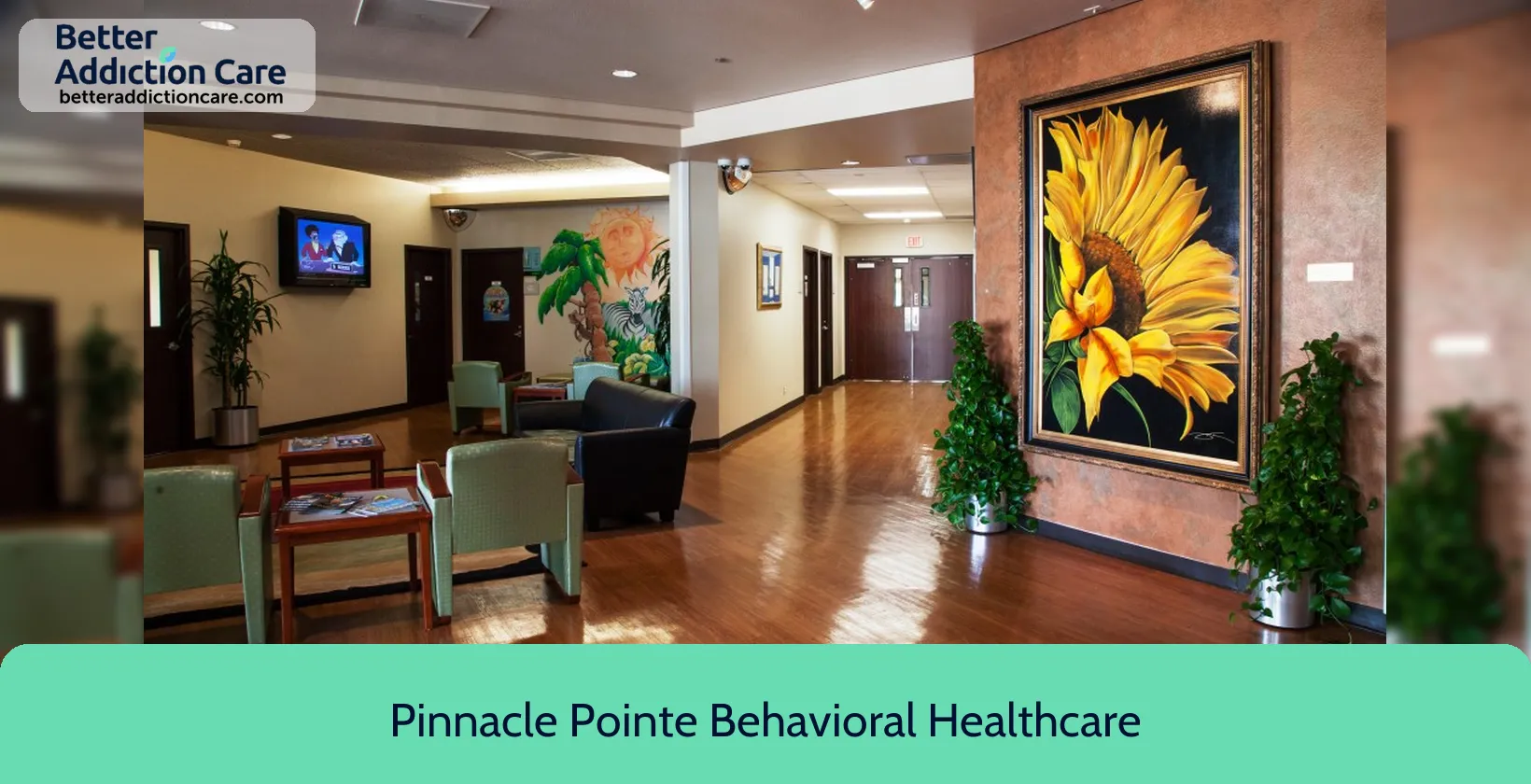
6.96
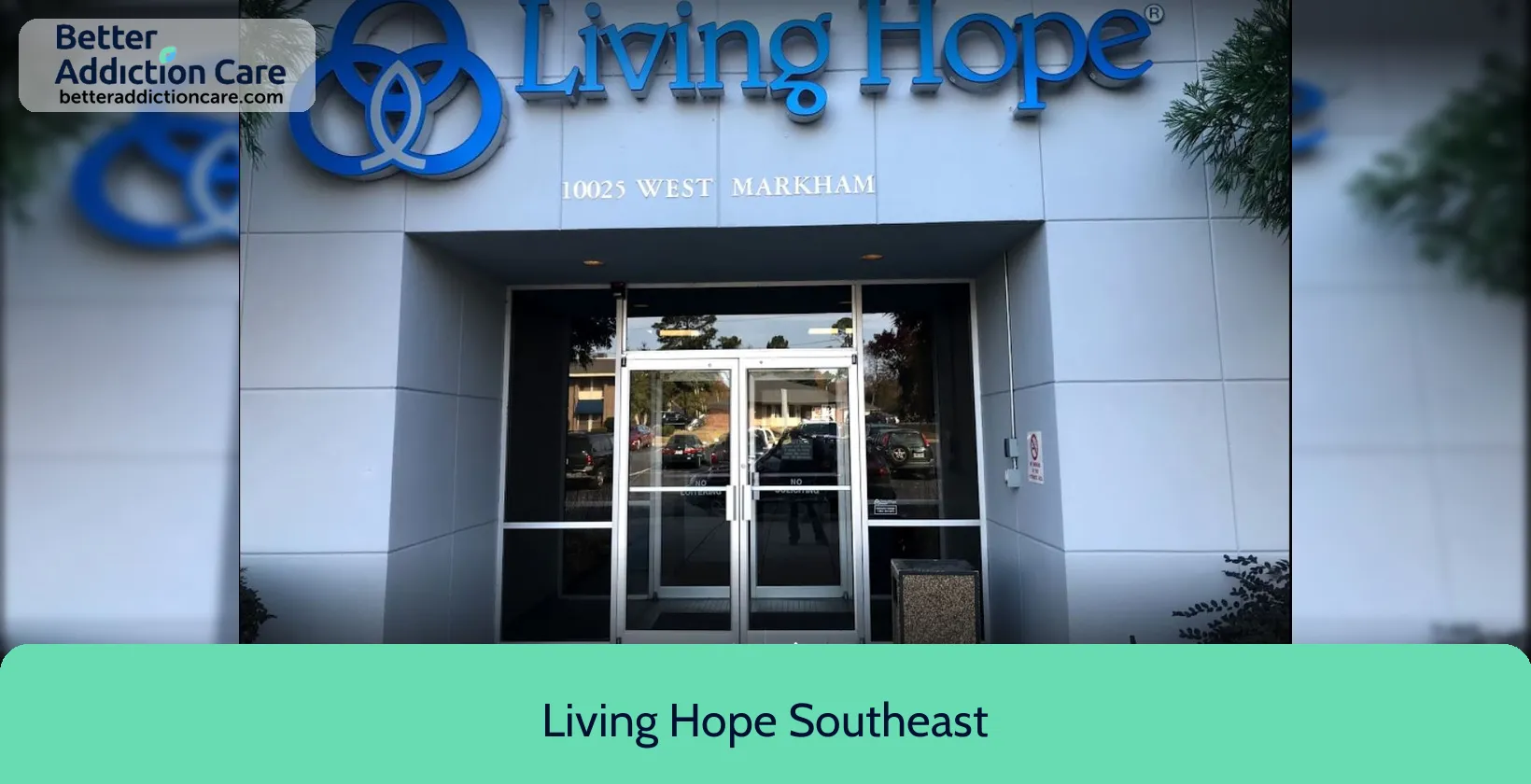
6.74
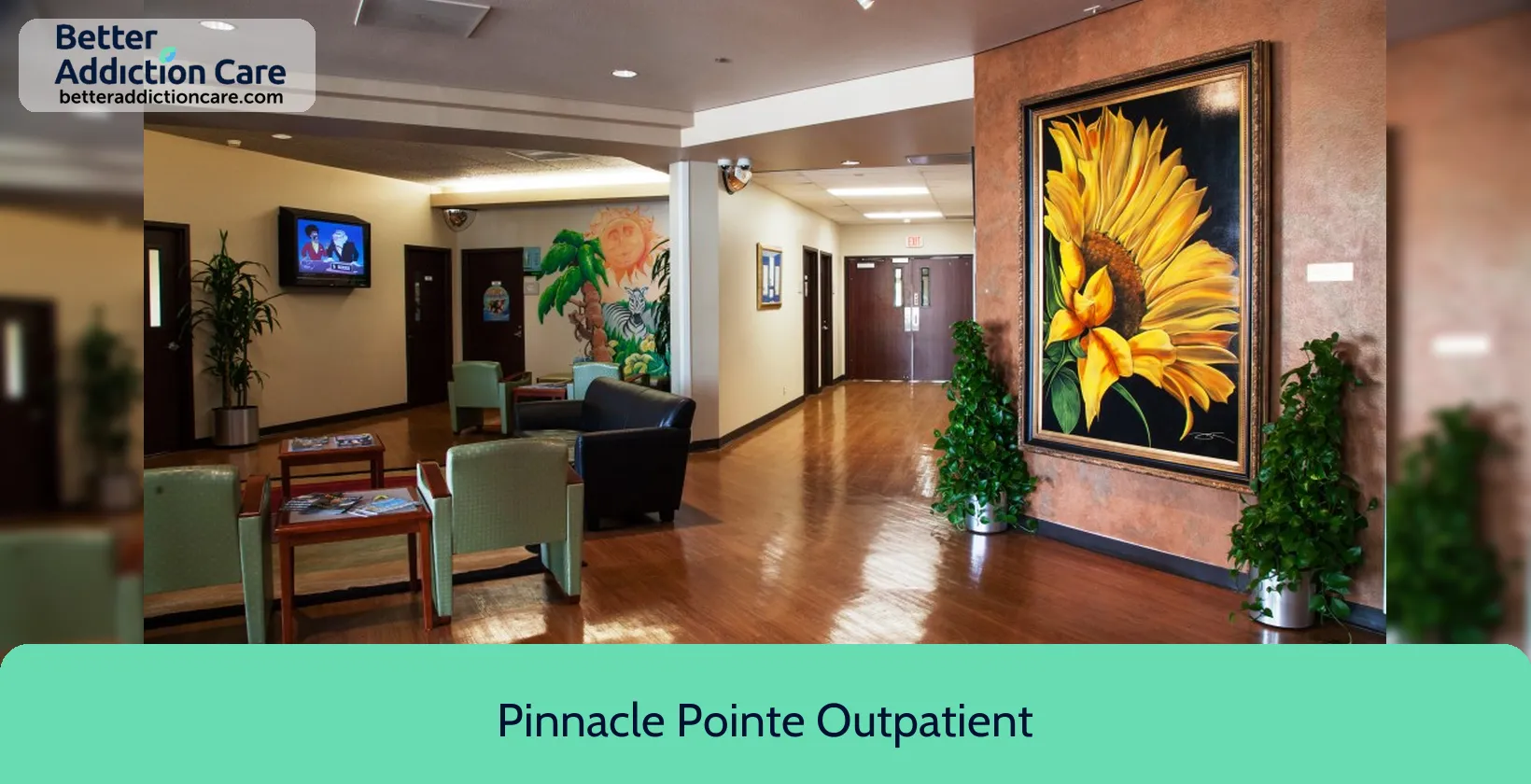
6.68
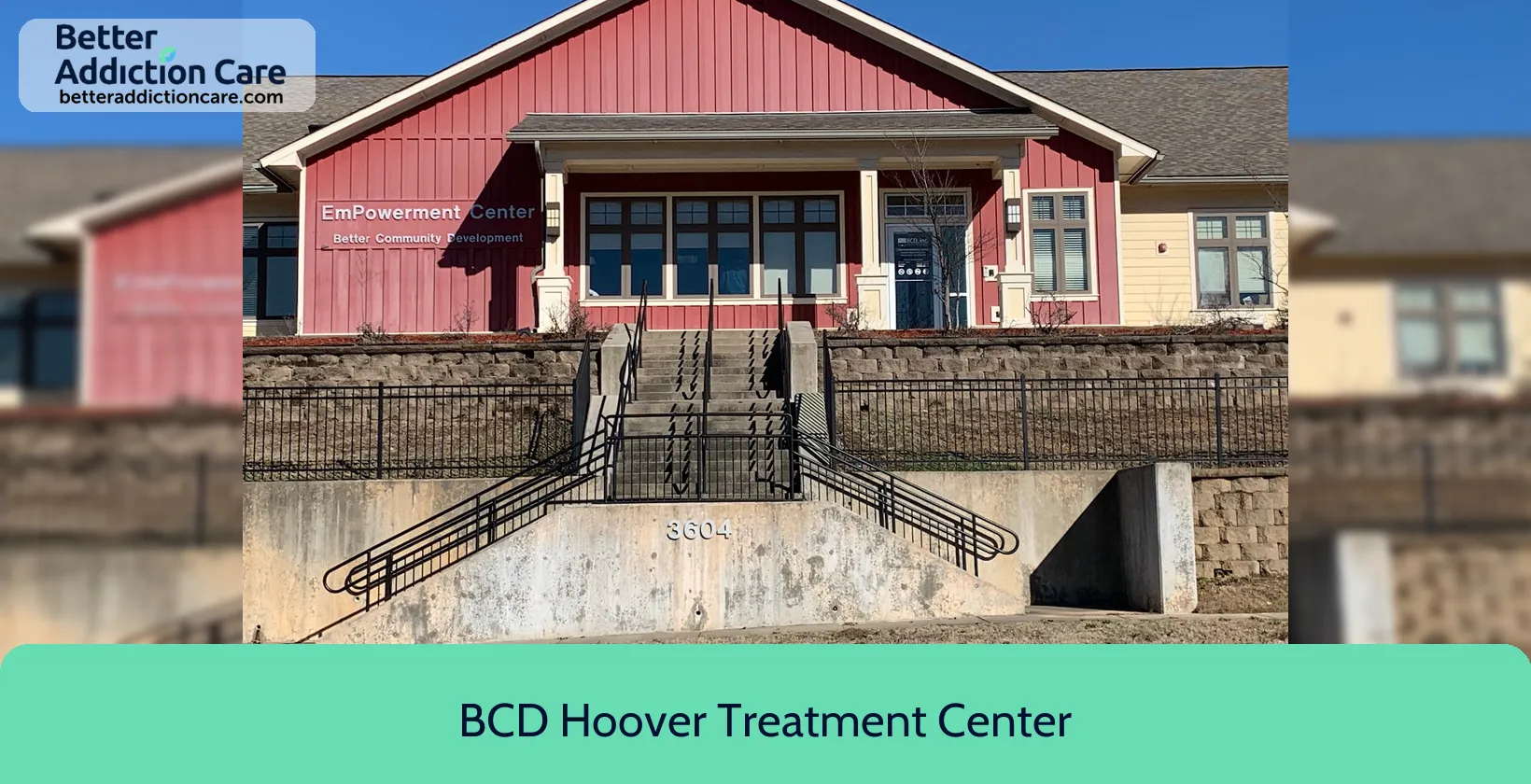
7.14

7.09

6.86

7.54

6.77

6.83

6.59

7.08

6.68

6.74
Local Rehabs in Arkansas
Common Questions About Rehab in Little Rock
Take a look at our FAQ. We've tried to fill it with all the answers you're looking for. And if not, contact us on (888) 349-0436.


